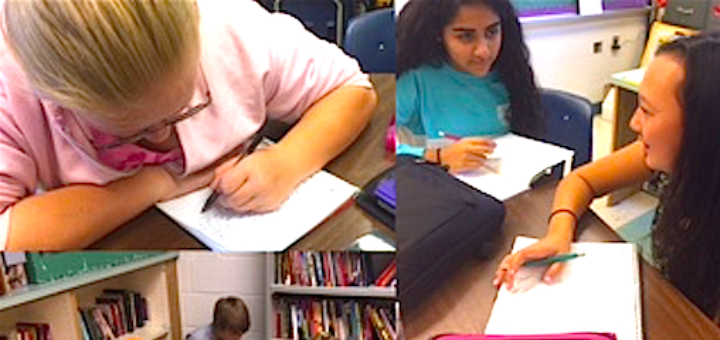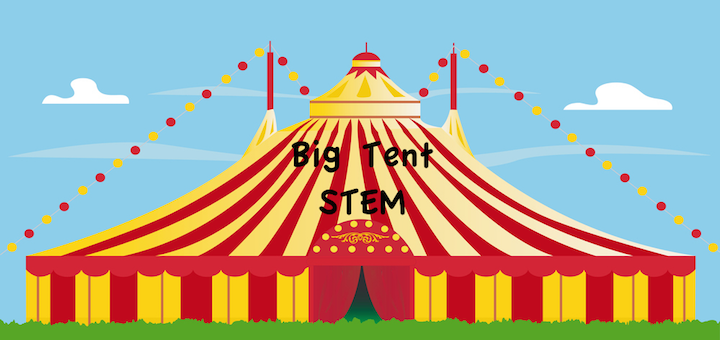Teaching and learning in grades 4-8
Are today’s students impatient to solve problems without enough thought? Curtis Chandler recalls Ms. Porcupine’s 6th-grade brain stretchers that required him to slow down and think methodically. He shares one about castles and crocodiles and has tips on creating more.
If teaching time in school is used effectively, not much homework needs to be given, writes MS teacher Cheryl Mizerny. “When I do give homework, I make every effort to make it engaging, meaningful, and brief.” Read the do’s and don’ts underlying her homework policy.
Author and veteran teacher educator Ann Weber outlines 3 key supervisory steps – preparation, coaching and evaluation – that can help cooperating teachers shine in their advisory roles and assure new teachers are ready to launch their careers in the middle grades.
In a culture where we’re always connected, writes digital citizenship consultant Devorah Heitner, the challenges of adolescence are intensified in ways that adults and kids themselves don’t always fully grasp. Tweens and teens need a special brand of mentorship.
In his succinct text Bruce Dixon provides a jumping off point for anyone wondering how to tackle changing the way we educate students, writes tech resource teacher Renee Bogacz. His analysis can inspire educators to create their own frameworks.
A few months into your first year teaching and ready for on-point advice? Todd, Katherine and Madeline Whitaker’s common-sense advice in Your First Year can both inspire you and help keep you on the right track. Linda Biondi thinks veterans will find it useful too.
Help students build scientific literacy with the research-based strategies developed by Jennifer Altieri in her book Reading Science. Science teacher Joyce Depenbusch finds the ideas for vocabulary instruction and cross-curricular projects especially helpful.
Last year 8th grade teacher Brian Kelley began podcasting conversations with his student writers. Through conferring, he says, teachers let adolescents know that their voices matter “and their explanations can make us better teachers.” Kelley shares three samples.
Some schools are putting all subjects under a big STEM tent. Can they stay true to STEM’s engineering focus? Anne Jolly talks to schoolwide-STEM expert Judy Duke, who points to History class. Teachers writing lessons should always ask: “What problems needed to be solved?”
Last year, Amber Chandler reluctantly admits to herself, her lesson plan for teaching “The Most Dangerous Game” wasn’t stellar. Instead of tossing it, she decided to figure out what went wrong. Honest reflection, she’s convinced, is the only way teachers grow.







































